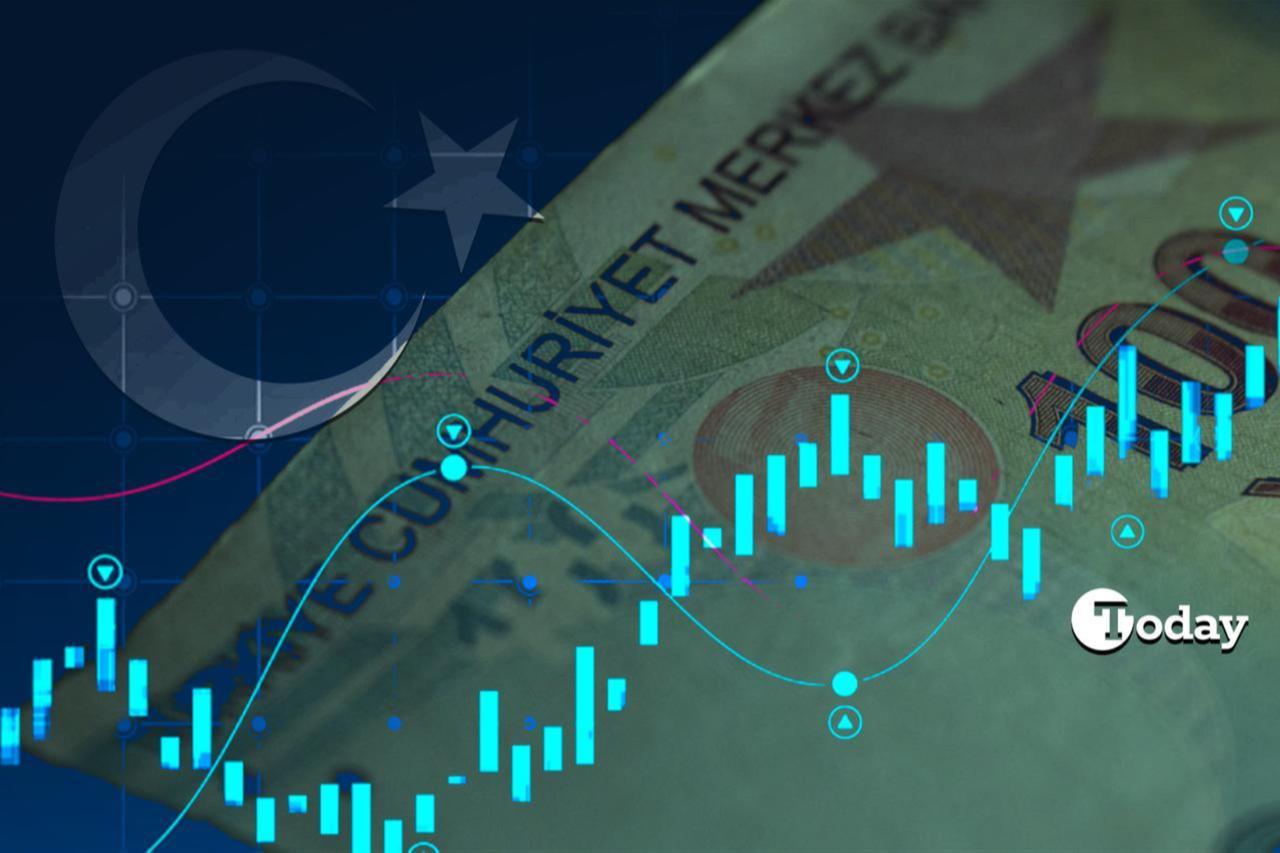
The European Union is preparing to launch its official digital euro in the form of a “stablecoin” later this year. The project, which pegs the digital euro directly to the value of the traditional currency, comes in the wake of the United States Congress passing the “Genius Act,” a federal framework regulating the stablecoin market.
European Central Bank (ECB) President Christine Lagarde emphasized the importance of establishing a legal framework, stating that the digital euro cannot move forward without one.
ECB economist Jurgen Schaaf, in a recent blog post, warned that the widespread use of dollar-backed stablecoins in the Eurozone could undermine monetary sovereignty, arguing that the ECB risks losing control over monetary conditions if the digital euro lags.
Türkiye is closely following these developments. While its timeline appears slightly behind Europe’s, the Central Bank of the Republic of Türkiye (CBRT) has already made substantial progress on its own central bank digital currency, the digital Turkish lira.

The CBRT is continuing work on the second phase of the digital Turkish lira initiative. Unlike cryptocurrencies, the digital lira is designed as a uniform medium of exchange suitable for all types of digital commerce and money transfers.
The initial research of the project began in 2020 with proof-of-concept trials.
A protocol signed in 2021 with leading defense and technology institutions—Scientific and Technological Research Council of Türkiye (TUBITAK), Aselsan, and Havelsan—established the digital lira platform. The platform led the system to the second phase, which brings banks and fintech firms into the process, alongside economic, legal, and security considerations.
The CBRT’s Phase-1 Evaluation Report (published December 2023) shared details of the design choices and approaches with the public.
Following successful pilot tests in 2022 and 2023, the first phase was completed, and the first payment transaction on the Digital Turkish Lira System was successfully executed.
The current phase involves testing digital identity integration, mobile applications, offline payments, programmable transactions, and interoperability with existing financial systems. Additional focus areas include cybersecurity, data management, and monitoring environments.
Upon launch, the system will allow Central Bank-issued money to circulate digitally alongside traditional bank deposits, with continuous real-time availability. This constant accessibility is expected to facilitate financial inclusion and enhance trust in digital payment systems.
Local media reports indicate that the digital Turkish lira may be benchmarked to gold instead of being pegged to fiat currency.
According to these claims, one “Gold Digital Turkish Lira” (ADTL) would be equivalent to the value of gold, roughly equivalent to ₺1,000 Turkish.
In line with this effort, Türkiye’s first fully digital bank, Ziraat Dinamik Bank A.Ş., was launched in November 2024 with a capital of ₺2.5 billion.
Operating under new digital banking regulations, the institution is expected to play a central role in supporting ADTL-related developments.
The first phase of Türkiye’s project tested a blockchain-based retail digital currency system, central bank server software, and a digital ID-enabled mobile wallet. Plans include offline and programmable payments, as well as hardware wallets.
Integration with Türkiye’s existing infrastructures, such as the FAST instant payment system and e-government platforms, is also part of the roadmap.
Authorities emphasize that the digital Turkish lira will not only enhance security, cost efficiency, and flexibility but also serve as a cornerstone of the country’s broader digital transformation.
Potential use cases range from micro-payments and cross-border transactions to applications in smart cities.
In a 2025 update, the CBRT highlighted that once the digital lira is introduced, it will serve as a complementary payment channel, expand financial inclusion, reduce fragmentation in payment systems, and provide a foundation for new digital applications.
Industry stakeholders share similar optimism. Selim Gusar, CEO of PayBull, described Türkiye’s move toward a digital lira as a bold step that strengthens both inclusivity and security in the financial system.
He noted that the project is not only aligned with the country’s broader development goals but also offers long-term value for the fintech sector.

The digital euro project is unfolding not only in the shadow of the United States but also alongside moves by China and Japan.
China, after a 12-year ban, is preparing to legalize yuan-backed stablecoins, while Japan recently approved its first dollar-backed stablecoin.
If the European Union decides to issue the digital euro on platforms such as Ethereum or Solana, the step would mark a turning point not only within Europe but also in the global stablecoin race.
In this context, Türkiye's preparations for the digital lira are particularly significant, as they will influence the country's position within the evolving global digital finance sector.